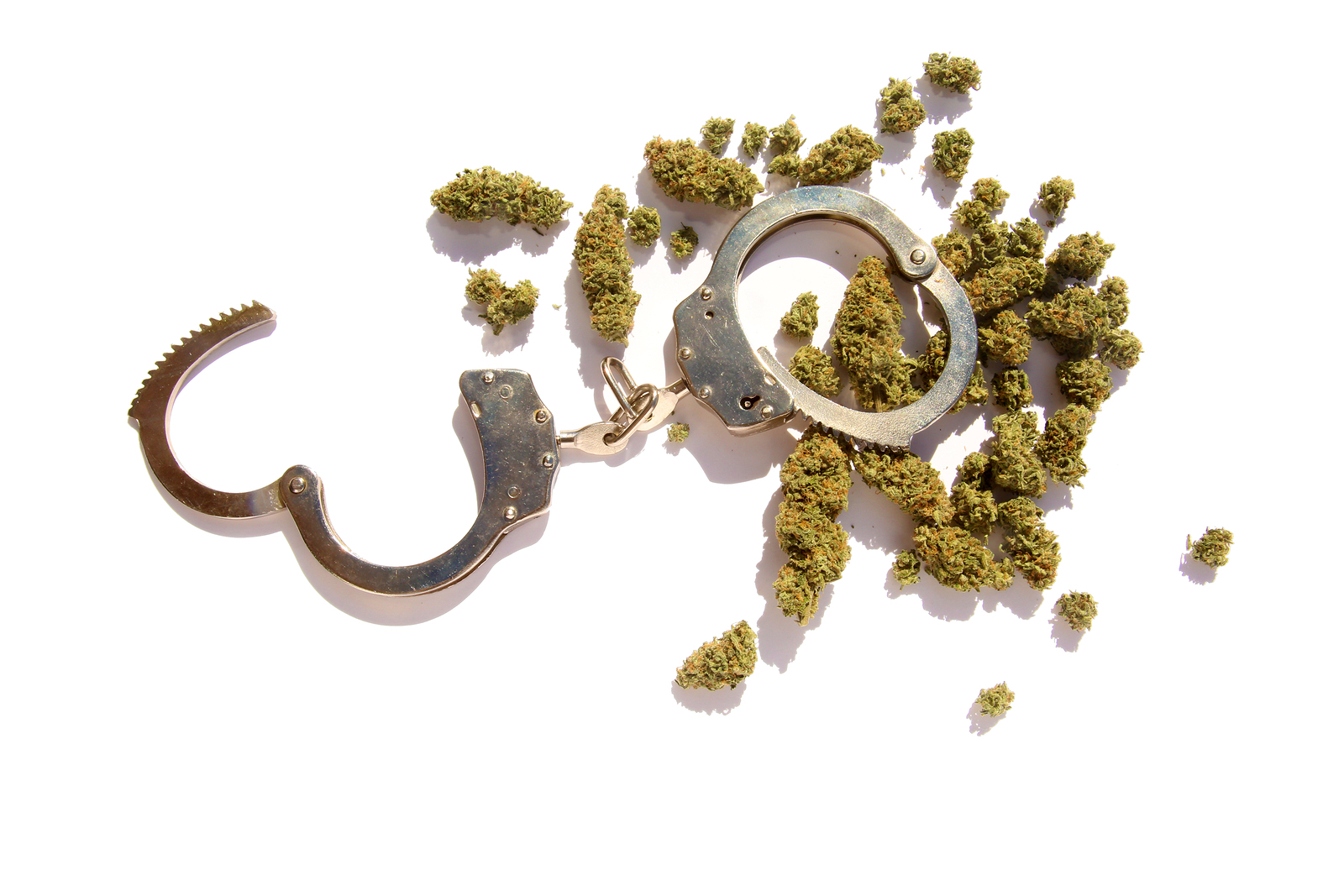Marijuana
Marijuana has been and remains illegal in South Carolina. If you are caught with less than one ounce of marijuana, 28 grams, then you will be charged with simple possession of marijuana, which is a misdemeanor charge that is handled in Summary Court. If are found to be in possession of more than 28 grams of marijuana, you may be charged with possession of greater than 28 grams of marijuana, which is a misdemeanor handled in the Court of General Sessions (state court). If you are found to be in possession of more than 28 grams of marijuana, you may also be charged with possession of marijuana with the intent to distribute, which is a felony charge that is handled in the Court of General Sessions. Under South Carolina law, it can be inferred that a person possessed marijuana with the intent to distribute if he is found to be in possession of 28 grams or more of marijuana.
Hemp
On the other hand, hemp is now legal in South Carolina. The most dramatic changes came after the federal government amended federal law. Hemp is defined as the Cannabis plant that contains a THC level of not more than .03%. Of course it is not as simple as it sounds.
The only people in South Carolina who can possess hemp are those who have been granted a license from the South Carolina Department of Agriculture to cultivate, handle, or process hemp.
Hemp products are different. A person does not need a license to possess hemp products, hence all of the CBD stores opening across South Carolina. Hemp products include products that are derived from hemp plants that are prepared in a form available for commercial sale, including, but not limited to, personal care products, cosmetics, and CBD oil. All hemp products cannot contain more that .03% THC.
It is also important to know what has been specifically excluded in the definition of hemp products, the unprocessed or raw plant material. In South Carolina it is unlawful for a person, without a license, to possess the hemp plant. This differs from some states that allow the sale of hemp flowers, raw hemp, and hemp joints.
Complications
The biggest complication has been the change in the definition of Marijuana. When the legislature created a hemp program and legalized hemp products, thereby adopting the federal definition of hemp, they redefined Marijuana. A product that contains not more than .03% THC is not Marijuana. This change left the law enforcement community flat-footed, so to speak, because under the old law, a substance containing any amount of THC was defined as Marijuana. Crime labs throughout South Carolina were set up to test only for the presence of THC, not if the substance contained more than .03% THC.
This has created a huge backlog in the prosecution of marijuana cases because most local crime labs are not set up to test for a specific amount of THC, they are only set up to test for the presence of any THC.
In states where raw hemp is legal, there have been even more complications because law enforcement cannot, visually, tell the difference between raw hemp and raw marijuana.
If you have questions about marijuana laws or hemp laws, contact John.
If you are in need of a Drug Defense Lawyer or a Criminal Defense Lawyer,contact Johnto discuss your situation.





